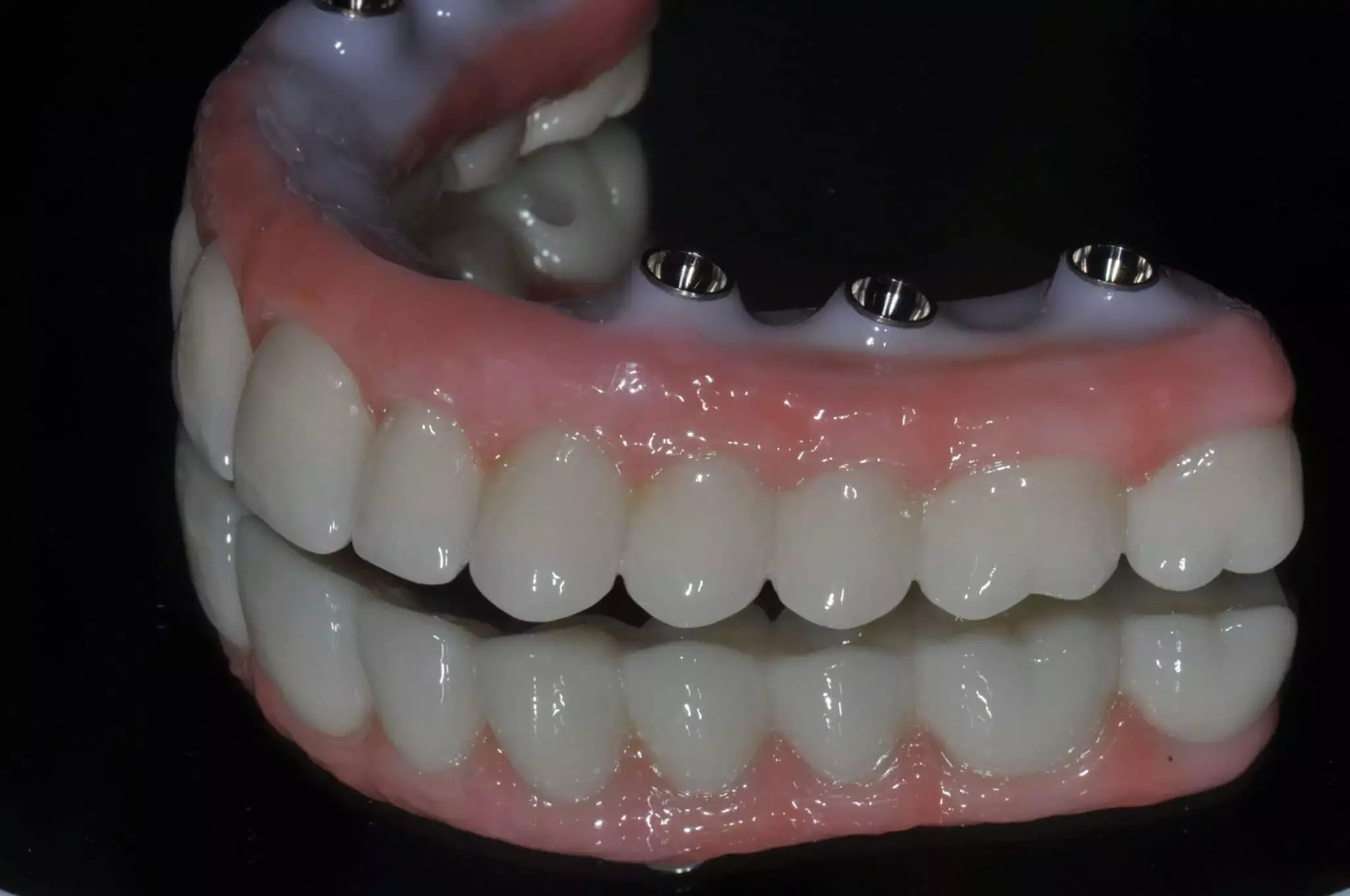- Home
- Medical news & Guidelines
- Anesthesiology
- Cardiology and CTVS
- Critical Care
- Dentistry
- Dermatology
- Diabetes and Endocrinology
- ENT
- Gastroenterology
- Medicine
- Nephrology
- Neurology
- Obstretics-Gynaecology
- Oncology
- Ophthalmology
- Orthopaedics
- Pediatrics-Neonatology
- Psychiatry
- Pulmonology
- Radiology
- Surgery
- Urology
- Laboratory Medicine
- Diet
- Nursing
- Paramedical
- Physiotherapy
- Health news
- Fact Check
- Bone Health Fact Check
- Brain Health Fact Check
- Cancer Related Fact Check
- Child Care Fact Check
- Dental and oral health fact check
- Diabetes and metabolic health fact check
- Diet and Nutrition Fact Check
- Eye and ENT Care Fact Check
- Fitness fact check
- Gut health fact check
- Heart health fact check
- Kidney health fact check
- Medical education fact check
- Men's health fact check
- Respiratory fact check
- Skin and hair care fact check
- Vaccine and Immunization fact check
- Women's health fact check
- AYUSH
- State News
- Andaman and Nicobar Islands
- Andhra Pradesh
- Arunachal Pradesh
- Assam
- Bihar
- Chandigarh
- Chattisgarh
- Dadra and Nagar Haveli
- Daman and Diu
- Delhi
- Goa
- Gujarat
- Haryana
- Himachal Pradesh
- Jammu & Kashmir
- Jharkhand
- Karnataka
- Kerala
- Ladakh
- Lakshadweep
- Madhya Pradesh
- Maharashtra
- Manipur
- Meghalaya
- Mizoram
- Nagaland
- Odisha
- Puducherry
- Punjab
- Rajasthan
- Sikkim
- Tamil Nadu
- Telangana
- Tripura
- Uttar Pradesh
- Uttrakhand
- West Bengal
- Medical Education
- Industry
Fully personalized, abutment-free monolithic zirconia CAD-CAM crowns mechanically stable

Fully personalized, abutment-free zirconia implant crowns on a novel implant-crown interface are mechanically stable, finds a new study
The new implant connection simplifies the digital workflow for all-ceramic implant reconstructions. The specific design of the implant-crown interface allows the fabrication of fully personalized, abutment-free zirconia implant crowns both in-house and in-laboratory without the need of a prefabricated abutment or central manufacturing.
The study has been published in the Journal of Dentistry.
A study was conducted to test the failure load and failure mode of a novel implant-crown interface specifically designed for the fabrication of fully personalized, abutment-free monolithic zirconia CAD-CAM crowns compared to conventional implant-abutment interfaces involving prefabricated or centrally manufactured abutments for zirconia CAD-CAM crowns. Implants (N=48) were divided into groups (n=12) according to different implant-abutment interface designs: (1) internal implant connection with personalized, abutment-free CAD-CAM crowns (Abut-Free-Zr), (2) internal conical connection with customized, centrally manufactured zirconia CAD-CAM abutments (Cen-Abut-Zr), (3) prefabricated titanium base abutments from manufacturer 1 (Ti-Base-1), (4) additional prefabricated titanium base abutments from manufacturer 2 (Ti-Base-2). All specimens were restored with a screw-retained monolithic zirconia CAD-CAM molar crown and subjected to thermomechanical aging (1.200.000 cycles, 49 N, 1.67 Hz, 30° angulation, thermocycling 5-50°C). Static load until failure was applied in a universal testing machine. Failure modes were analyzed descriptively under digital microscope. Mean failure load values were statistically analyzed at a significance level of p<0.05.
Results of the study are:
- All specimens survived thermomechanical aging.
- The mean failure loads varied between 1332 N (Abut-Free-Zr) and 1601 N (Ti-Base-2), difference being significant between these groups (p<0.05).
- No differences between the other groups were seen. The predominant failure mode per group was crown fracture above implant connection (Abut-Free-Zr, 75%), abutment fracture below implant neck (Cen-Abut-Zr, 83%), crown fracture leaving an intact abutment (Ti-Base-1/Ti-Base-2 100%).
Thus, implant-crown interface with fully personalized, abutment-free monolithic CAD-CAM zirconia crowns exhibited similar failure loads as conventional implant-abutment interfaces (except group Ti-Base-2) involving CAD-CAM crowns with prefabricated or centrally manufactured abutment. The new implant connection simplifies the digital workflow for all-ceramic implant reconstructions. The specific design of the implant-crown interface allows the fabrication of fully personalized, abutment-free zirconia implant crowns both in-house and in-laboratory without the need of a prefabricated abutment or central manufacturing.
Reference:
Mechanical stability of fully personalized, abutment-free zirconia implant crowns on a novel implant-crown interface by Jenni Hjerppe et al. published in the Journal of Dentistry
https://doi.org/10.1016/j.jdent.2022.104121
Dr. Shravani Dali has completed her BDS from Pravara institute of medical sciences, loni. Following which she extensively worked in the healthcare sector for 2+ years. She has been actively involved in writing blogs in field of health and wellness. Currently she is pursuing her Masters of public health-health administration from Tata institute of social sciences. She can be contacted at editorial@medicaldialogues.in.
Dr Kamal Kant Kohli-MBBS, DTCD- a chest specialist with more than 30 years of practice and a flair for writing clinical articles, Dr Kamal Kant Kohli joined Medical Dialogues as a Chief Editor of Medical News. Besides writing articles, as an editor, he proofreads and verifies all the medical content published on Medical Dialogues including those coming from journals, studies,medical conferences,guidelines etc. Email: drkohli@medicaldialogues.in. Contact no. 011-43720751


